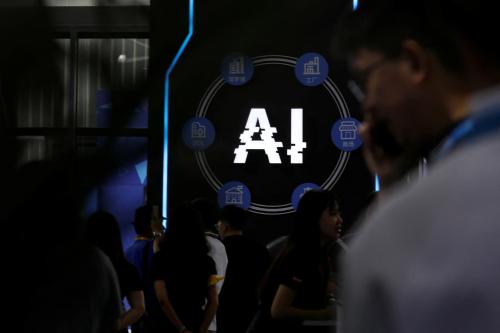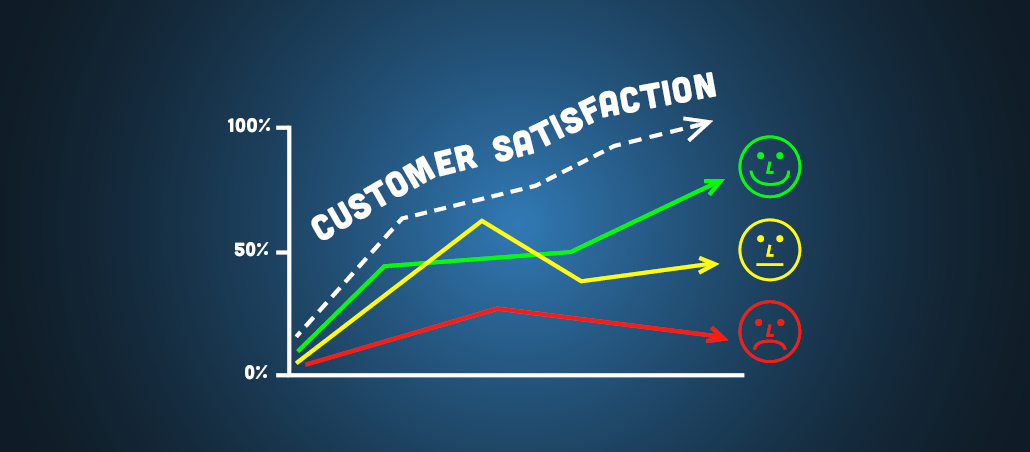- RESOURCES -

15 Potential Artificial Intelligence (AI) Risks
Explore 15 potential AI risks, from privacy violations to job displacement. Understand these challenges to ensure safe and ethical AI use.......
www.walkme.com

The 15 Biggest Risks Of Artificial Intelligence
There's a dark side to AI. Learn about the potential negative consequences of this transformative technology and how we can help ensure a safer and more balanced future.......
www.forbes.com
What are the risks of artificial intelligence (AI)? | Tableau
As AI advances, many people wonder: what are the dangers of artificial intelligence? Learn the facts and fictions in this article.......
www.tableau.com

14 Dangers of Artificial Intelligence (AI) | Built In
Dangers of artificial intelligence include bias, job losses, increased surveillance, growing inequality, lack of transparency and large-scale targeted fraud.......
builtin.com

Risk mitigation a top priority in the age of AI
AI's widespread use heightens the importance of risk mitigation for businesses to grapple with future challenges and adapt to technological shifts.......
legal.thomsonreuters.com

4 Ways to Preserve Privacy in Artificial Intelligence
Booz Allen explores how privacy principles must be considered early in artificial intelligence.......
www.boozallen.com





